Cargo transports decreased as capacity was cut down
The Port of Turku is the number one port for cargo transports between Finland and Scandinavia that also offers a fast and competitive route via Germany to Continental Europe, and a functioning connection to ocean lines. The Port’s regular and frequent liner services enable flexible transport schedules and consequently improve the delivery performance of products.
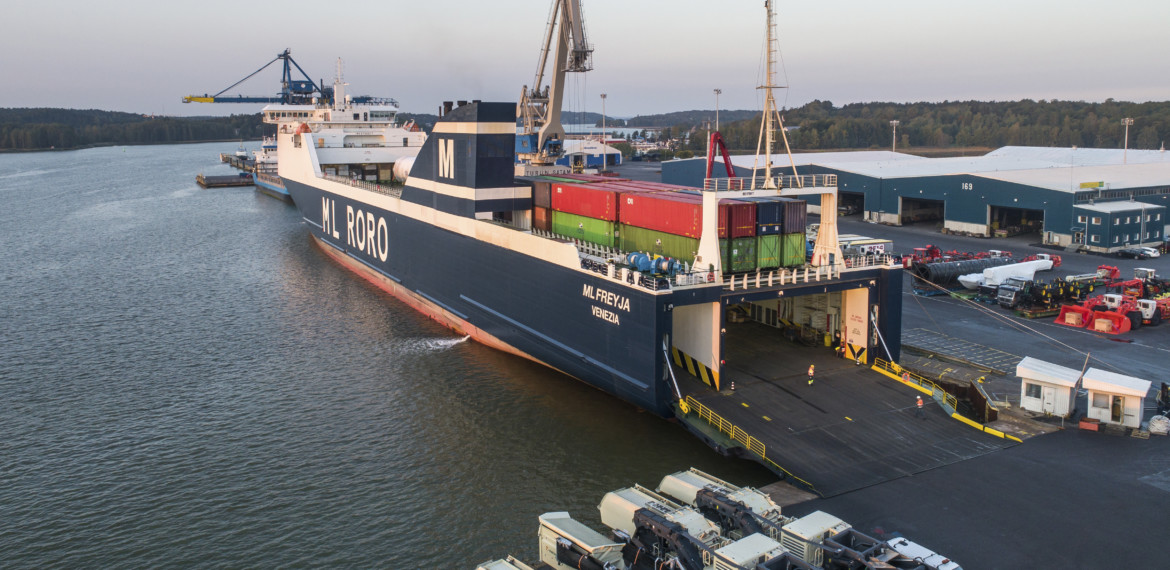
The majority of the Port’s cargo transports comprise unit cargo which is operated with modern efficient ro-ro vessels by the key shipping companies in the Baltic Sea and the leading port operators. Alongside unit cargo, the Port of Turku focuses on project shipments of heavy industry which require precision and safety in both load handling and intermediate warehousing.
In 2022, the total volume of cargo transports carried via the Port of Turku stood at slightly over 2 million tonnes which is around 15% less compared to 2021. The majority of the decrease resulted from unit cargo transports which were affected above all by the reduction of capacity between Finland and Sweden. Tallink Silja’s ship Galaxy was pulled from the route in September, which reduced the number of departures from Turku to three per day instead of the previous four. The removed capacity was partially replaced by Viking Glory which started operations in March and offers around 600 lane metres more than its predecessor m/s Amorella. The total number of trucks and trailers passing through the Port in 2022 was around 103,500, while in the previous year, their number exceeded 123,000.
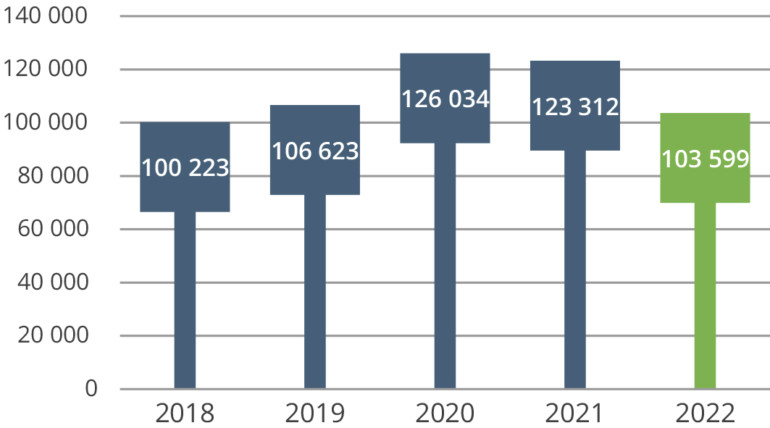
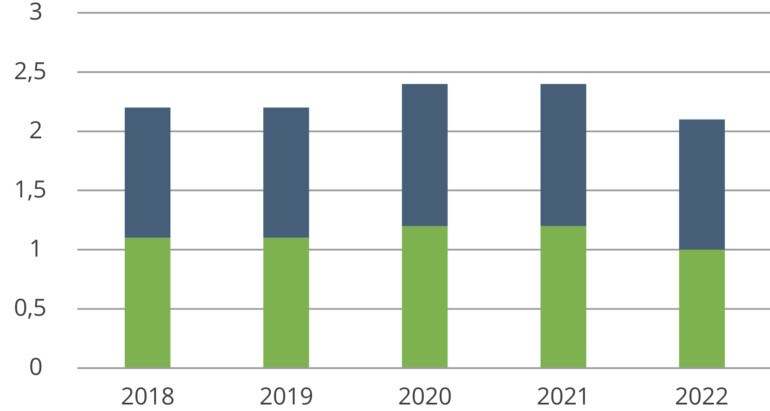
The Port’s other cargo transports continued along the established lines. Transports to Travemünde are regular, and Finnlines has two weekly departures to Germany. Mann Lines sails weekly from Turku to Harwich and calls e.g. in Bremerhaven and offers a smooth connection to ocean lines via Rotterdam. Baltic Line’s weekly liner service links the Port of Turku to the markets of Norway, Denmark and Poland. In addition to those, the Port of Turku actively negotiates on opening new connections to Baltic Sea ports as well as further afield to the rest of Europe. The negotiations have proceeded furthest concerning a liner service to Poland, on which the cities of Turku and Gdynia signed a letter of intent already in 2019. After the pandemic, the discussions have progressed, and different shipping companies have expressed their interest in co-operation. The interest was strengthened further by a study conducted by the University of Turku which showed that the route has definite market potential. The profitability of the route would be based above all on cargo transports which would be complemented by passenger traffic.
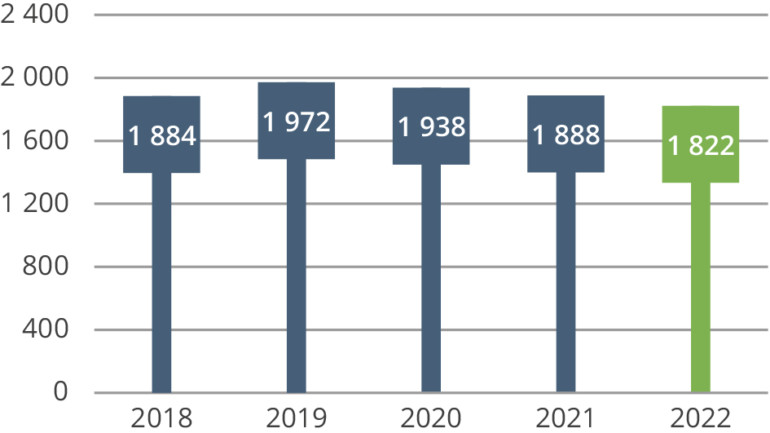
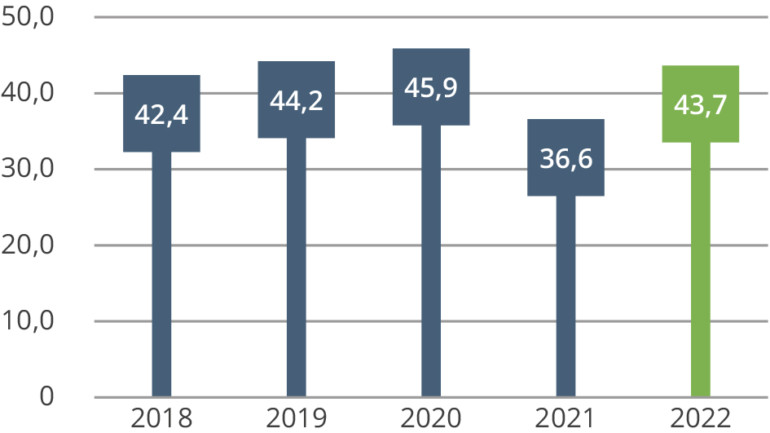
Read the full annual report 2022 (pdf).
Text: Kari Ahonen
Photo: Jarmo Piironen
